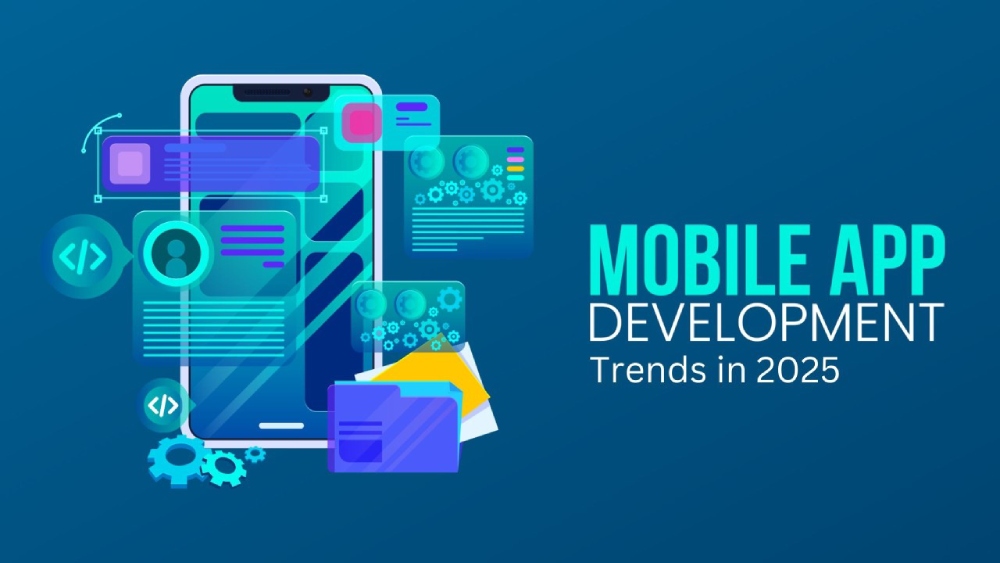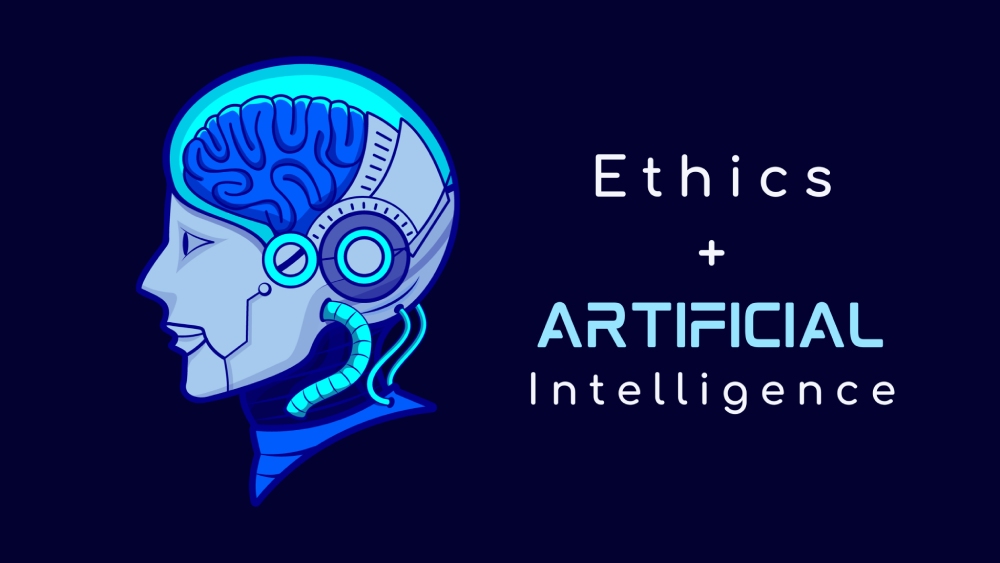
Mobile app development trends in 2025: What businesses need to know to stay ahead
The mobile app industry is poised for a transformative leap in 2025. With breakthroughs in 5G, artificial intelligence (AI), and immersive technologies like augmented and virtual reality (AR/VR), mobile applications are becoming smarter, faster, and more integral to everyday life. Users now demand speed, personalization, and privacy-conscious design. For businesses, adapting to these mobile app development trends in 2025 is not optional; it is essential.
At PowerGate Software, we help businesses stay ahead by integrating these innovations into resilient, scalable mobile solutions. Here are the top trends every tech leader should be watching.
1. Smarter apps: AI, voice, and hyper-personalization
1.1. AI and generative capabilities
AI and machine learning are redefining mobile apps. From predictive analytics and content personalization to advanced chatbots and real-time decision-making, AI allows apps to anticipate user needs and adapt in real time. Generative AI further enhances the user experience by dynamically creating content and interfaces.
Why it matters: Enhanced engagement, better customer service, and real-time user insights are key competitive advantages.
1.2. Voice interfaces and natural language processing
Voice-enabled features using advanced NLP (Natural Language Processing) are simplifying app interaction. Whether integrated with Siri, Alexa, or Google Assistant, voice interfaces enhance accessibility and streamline complex tasks.
Why it matters: With hands-free interaction and improved voice recognition, VUIs (voice user interfaces) will become standard for usability-focused apps.
1.3. Hyper-personalization
Going beyond basic personalization, hyper-personalization leverages AI to deliver experiences uniquely tailored to individual behaviors, contexts, and preferences.
Why it matters: Apps that feel “made for me” increase user loyalty, engagement, and lifetime value.
2. Efficient development: cross-platform, PWAs, and low-code tools
2.1. Cross-platform frameworks
Tools like Flutter and React Native allow developers to build apps that run seamlessly across iOS and Android with a single codebase.
Why it matters: Faster development, consistent UI, and reduced costs make cross-platform development a strategic win for most businesses.
2.2. Progressive web apps (PWAs)
PWAs offer a native-like experience within a web browser, including offline functionality, push notifications, and installation-free access.
Why it matters: They reduce friction, extend reach, and work across all devices without requiring app store downloads.
2.3. Low-code/no-code platforms
Visual development environments with drag-and-drop interfaces are empowering non-developers to create functional mobile apps quickly.
Why it matters: Faster prototyping, rapid iterations, and business agility are critical in fast-moving markets.

Low-code/no-code platform is one of the mobile app development trends in 2025 – Source: quixy.com
3. Immersive and connected experiences: 5G, AR/VR, and IoT
3.1. 5G-enhanced performance
5G is enabling faster data transfer, lower latency, and real-time interactivity, unlocking new app capabilities like high-res video streaming and cloud gaming.
Why it matters: Applications that were once constrained by network speed can now be fully realized, particularly those involving AR/VR and real-time collaboration.
3.2. Augmented and virtual reality (AR/VR)
AR and VR are expanding into retail (virtual try-ons), education (immersive learning), and remote work (collaborative spaces).
Why it matters: Businesses can create deeply engaging, experiential content that differentiates them from competitors.
3.3. IoT integration
Mobile apps now serve as control centers for IoT ecosystems—from smart homes to industrial automation.
Why it matters: This connectivity enables new service models, predictive maintenance, and enhanced customer control.
3.4. Foldable device optimization
As foldable smartphones become more common, apps are being redesigned for dynamic layouts and multitasking.
Why it matters: Optimized UX on foldables will soon be expected, especially in high-end or productivity-focused apps.

Source: android-developers.googleblog.com
4. Trust and security in the mobile era
4.1. Enhanced security protocols
Biometric authentication, multi-factor authentication (MFA), and AI-driven threat detection are becoming standard for mobile apps.
Why it matters: As cyber threats grow, robust security is a non-negotiable foundation for trust and regulatory compliance.
4.2. Blockchain and decentralized apps (dApps)
Blockchain-based apps offer transparent, tamper-proof interactions, ideal for FinTech, supply chain, and identity verification use cases.
Why it matters: dApps increase transparency, reduce fraud, and enable user control over personal data.
5. Ethical, user-centered design
5.1. Minimalist UI and micro-interactions
Clean, intuitive interfaces paired with subtle animations improve usability and deliver delightful user feedback.
Why it matters: Simple, elegant experiences lead to higher retention and better brand perception.
5.2. Sustainable development
Apps designed for energy efficiency and low data usage contribute to device longevity and reduced environmental impact.
Why it matters: Eco-conscious design enhances corporate responsibility and appeals to green-minded users.
5.3. Ethical AI and inclusive design
Responsible app development includes addressing algorithmic bias, prioritizing privacy, and ensuring accessibility for all users.
Why it matters: Inclusive and ethical design builds long-term user trust and meets evolving global standards.

Source: choice360.org
6. The rise of super apps and mini-apps
Super apps consolidate multiple services: payments, messaging, and e-commerce, into one unified platform. Mini-apps are lightweight features that run within super apps without needing separate installs.
Why it matters: Super apps increase engagement, streamline UX, and open up cross-selling opportunities, especially in emerging markets.
How businesses can prepare – actionable strategies for 2025
To capitalize on these transformative mobile app development trends in 2025, businesses and developers must adopt forward-thinking strategies.
- Invest in user-first design: Intuitive interfaces, strong UX, and personalized experiences are more important than ever.
- Choose flexible tech stacks: Depending on your goals, cross-platform frameworks or PWAs might offer the speed and reach you need.
- Use data wisely: Leverage in-app analytics and predictive AI for better product decisions.
- Update frequently: Regular updates ensure performance, security, and compatibility with emerging technologies.
These trends will profoundly impact specific industries:
- Healthcare: Expect continued innovation in AI diagnostics, telemedicine platforms, and patient tracking apps integrated with wearables and IoT. Emphasis on data security and transparent blockchain solutions for patient records will intensify.
- FinTech: Biometric payments will become standard. DeFi apps and CBDCs will necessitate robust blockchain integration. Robo-advisors powered by AI will offer hyper-personalized financial guidance.
- EdTech: Interactive, gamified learning apps will leverage AR/VR for immersive experiences. AI tutors and personalized learning paths will become commonplace, adapting content to individual student needs. Mobile learning will be enhanced by 5G for seamless streaming.
- Retail: Omnichannel mobile commerce will dominate. Visual search will become more sophisticated. AR will facilitate virtual try-ons and immersive product previews. Sustainable retail apps will also gain traction.
Mobile app development in 2025 is driven by intelligence, flexibility, immersion, and ethical responsibility. From AI-powered personalization and real-time 5G interactions to inclusive, minimalist design, apps are evolving into smarter, more human-centered tools.
Adapting to these trends is not just about future-proofing technology; it’s about unlocking new opportunities for innovation, engagement, and business growth. PowerGate Software is here to guide that journey, bringing your vision to life with future-ready mobile solutions.
Ready to future-proof your mobile app strategy? Contact PowerGate Software today.
|
Founded in 2011, PowerGate Software is a global software development company headquartered in Hanoi, Vietnam, with offices in the U.S., U.K., Canada, and Australia. Recognized as a leading name among software development companies in Vietnam, PowerGate specializes in custom software, mobile and web applications, AI, blockchain, cloud solutions, and ERP systems. With over 250 projects successfully delivered across healthcare, fintech, and education, we empower startups and enterprises through dedicated development teams and full-cycle product engineering services. |

